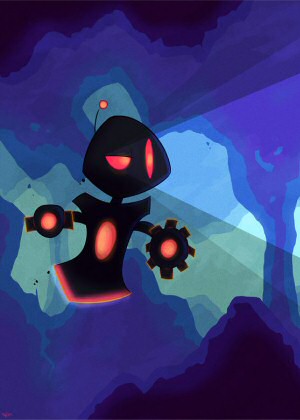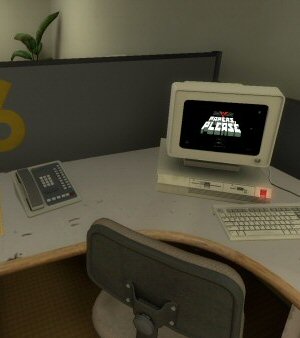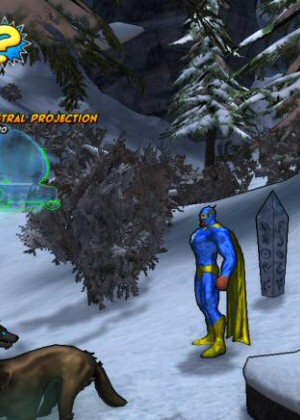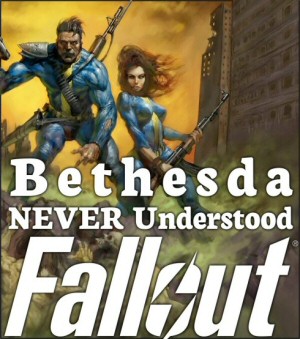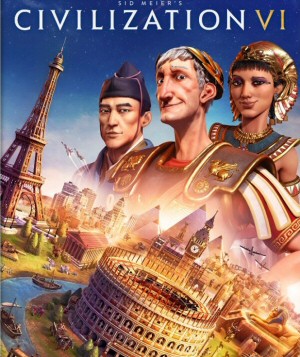Fantasy Magazine has a great interview with the Comic Irregulars, the team behind Darths & Droids.
David Karlov comments that making the comics has given him a new appreciation for Star Wars Episodes I & II. That’s interesting, since the opposite happened to me in making DM of the Rings. I can’t see the movies without thinking of the jokes connected to each scene.
The one question I would have asked them is how in the name of Yoda’s tiny lightsaber do they divide up the work between seven people? Most webcomic teams max out at two. I suppose you can divide this sort of comic into a few distinct jobs:
- Plotting, story arc. D&D is obviously much more elaborate in this regard than DMotR ever was.
- Coming up with individual jokes and writing dialog.
- Gathering up the required screenshots.
- Comic layout.
If these were stand-alone gag strips then I could see how they could all contribute jokes, but D&D is carefully plotted and each strip leads directly to the next. I can’t imagine how you could balance the workload without people getting in each other’s way. It would be like seven guys trying to move a single end table. I think D&D in wholly unique in this regard. I can’t think of another webcomic with such a large team or ambitious plan.
EDIT: Last time I talked about D&D, Henebry left the following comment, which nicely heads off arguments over which comic is “better”:
Daimbert: I've had the same thought (Shamus would have done it funnier) more than once while reading Darths and Droids, but as they rounded out the first movie I had a new thought: they're not really aiming to do what Shamus accomplished. Shamus' take on LoR is, at bottom, parodic, theirs not.
Both start with the same premise: given that this narrative has played such a seminal role in the consciousness of gamers, how would these narrratives have played out if current tabletop rpgs had given rise to them rather than the other way round? They differ, though, in their responses.
Shamus answers the question with the cynicism of a great satirist. His GM is a self-important fool who has crafted a campaign of unplayable complexity; his players are too engaged in petty rivalries and private obsessions to be interested in the epic story set before them. This produces a wonderful tension between the gorgeous screencaps taken from Peter Jackson's movies (in which the scenery and actions really are epic) and the low-comedy dialogue spoken by the players. We readers are led to expect that these images record what's going on in the imaginations of the GM and players, but this expectation is defeated, again and again. In this way the comic pokes fun at the grandiosity of tabletop rpgs, the notion (endemic among us) that in our raucous sessions we can achieve a narrative scope akin to the great work of Tolkien or Robert E. Howard. And we gamers laugh because we're geeks and we've learned to take joy in laughing at ourselves. That is our great strength, the thing that separates us from the jocks.
By contrast, the Comic Irregulars answer the question with the idealism of true believers in the promise of tabletop rpgs to elevate poorly conceived plotting through occasional flashes of insight. Sure, in Jim (Qui-Gon) and in Pete (R2D2) we get satirical portraits (the gung-ho treasure-seeker and the superstitious min-maxer). But with the others (and even sometimes with Jim and Pete) the outcome is a story with moments of dramatic tension far more interesting than the original movie. Case in point: Sally's Jar-Jar, who (far from Lucas's oafish Stepin Fetchit) exhibits the wild inventiveness of a child's imagination. The Phantom Menace storyline in Darths isn't a preconceived epic crafted by an overambitious GM, but rather something produced organically by a group of people working interactively, and often with surprising but brilliant results. True, the story which emerges is too convoluted to make a good movie â€" but we already knew that, right? :) And the storyline that matters is at least as much the story of Sally and Ben and Jim as it is of Jar-Jar and Obi-Wan and Qui-Gon. As if in response to Shamus' satire on tabletop rpgs in DM of the Rings, the Comic Irregulars demonstrate that the real aim of tabletop gaming is not the simulation of cinematic epic, but rather the collaborative enactment of epic action.
 Shamus Young is a programmer, an author, and nearly a composer. He works on this site full time. If you'd like to support him, you can do so via Patreon or PayPal.
Shamus Young is a programmer, an author, and nearly a composer. He works on this site full time. If you'd like to support him, you can do so via Patreon or PayPal.
 T w e n t y S i d e d
T w e n t y S i d e d


